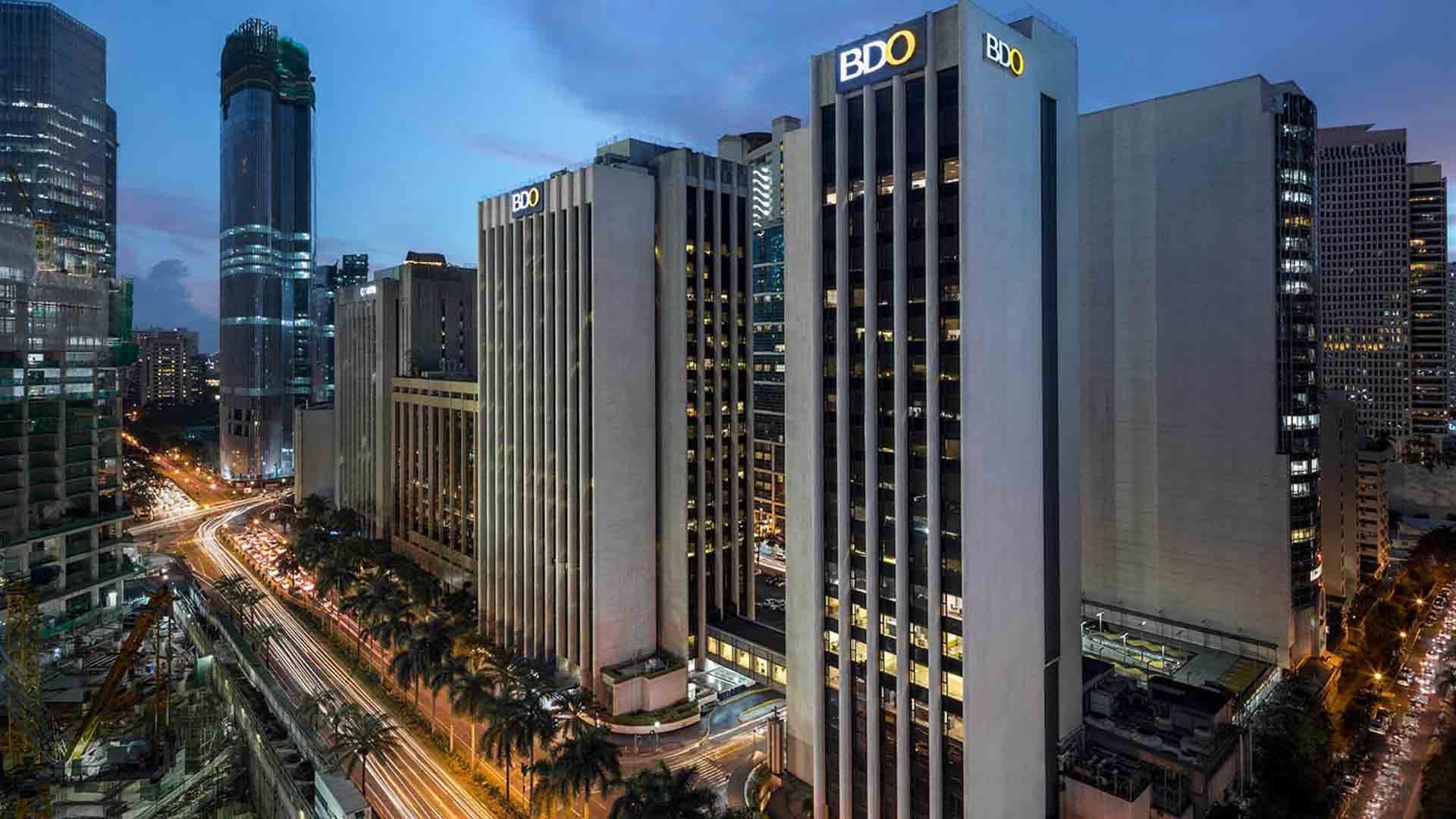BDO Unibank, Inc. (BDO) posted P12.3 billion in net income in the 3Q 2020 despite the continuing impact of the pandemic. This brings earnings for the first nine months of the year to P16.6 billion, a decline of 48% from the same period last year, due to the upfront provisions booked in 2Q 2020 in anticipation of potential delinquencies due to the pandemic.
Despite BDO’s promising results, the bank recognizes that the pandemic difficulties still lie ahead. The delinquency problem on loans have not yet peaked, interest rate caps on credit cards will be instituted soon and there are added costs in doing business as a result of necessary precautions inherent in the Bank’s operations. All of these and more are seen to put pressure on the Bank’s earnings.
Loans rose at a more tempered 6 per cent to P2.2 trillion, driven by corporate and consumer accounts. The bank remained supportive of its borrowing clients, ensuring continued access to their credit facilities to help them manage their funding requirements during these challenging times, notwithstanding loan payment deferments under Bayanihan I and II.
Asset quality remained stable, with gross non-performing loans (NPL) ratio at 1.97 per cent. Meanwhile, the NPL cover settled at 138 per cent. Total provisions for 9M 2020 amounted to P23.8 billion, inclusive of the pre-emptive provisions in 2Q 2020.
Total deposits grew to P2.6 trillion, driven by the faster growth in Current Account/Savings Account (CASA) deposits, with almost all of the Bank’s branches operational since 2Q 2020. The bank’s CASA ratio climbed to a new high of 79 per cent. Net interest income (NII) went up by 13 per cent year-on-year to P99.8 billion.
Non-interest income settled at P36.8 billion, led by fee-based income and insurance premiums with P20.2 billion and P10.9 billion, respectively. Wealth management remained resilient with trust volume and fees sustaining steady growth despite soft market conditions. However, some of the bank’s businesses, specifically those that rely on face-to-face interaction, are still gradually rebuilding their volumes.
Operating expenses declined by 3 per cent to P83.6 billion on lower volume-related expenses.
The bank’s balance sheet remains solid with a capital base of P378.6 billion. Capital Adequacy Ratio (CAR) and Common Equity Tier 1 (CET1) ratio were at 14.3 per cent and 13.2 per cent, respectively, remaining well above regulatory minimum.
BDO believes that its strong business franchise and robust balance sheet place the Bank in a good position to leverage on a post-pandemic economic recovery.






